All Australian passports bear the words, ‘The Governor-General, being the representative in Australia of Her Majesty Queen Elizabeth the Second, requests all those whom it may concern to allow the bearer, an Australian Citizen, to pass freely without let or hindrance.’
This affords Australians free passage in almost every country in the world but not in the state of Victoria, as I discovered when I flew back to Melbourne from regional NSW on New Year’s Day, one of many who raced to meet the Premier’s deadline before the border snapped shut.
Already a subscriber? Log in
Subscribe for just $2 a week
Try a month of The Spectator Australia absolutely free and without commitment. Not only that but – if you choose to continue – you’ll pay just $2 a week for your first year.
- Unlimited access to spectator.com.au and app
- The weekly edition on the Spectator Australia app
- Spectator podcasts and newsletters
- Full access to spectator.co.uk
Unlock this article
The author is a resident of Victoria who wishes to remain anonymous.
You might disagree with half of it, but you’ll enjoy reading all of it. Try your first month for free, then just $2 a week for the remainder of your first year.

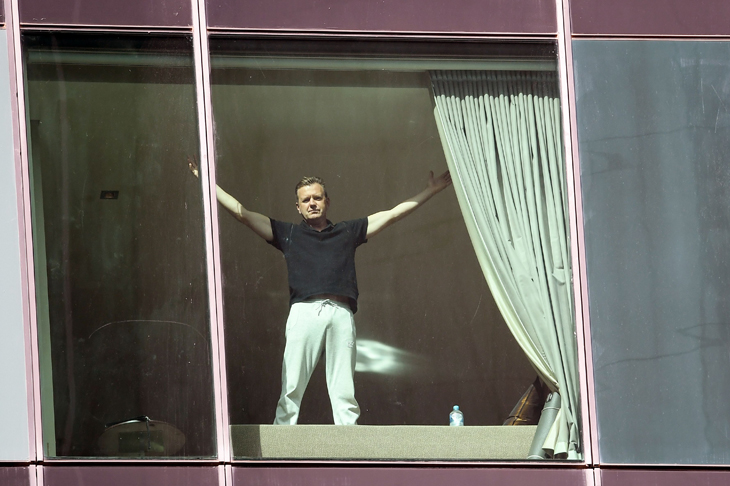
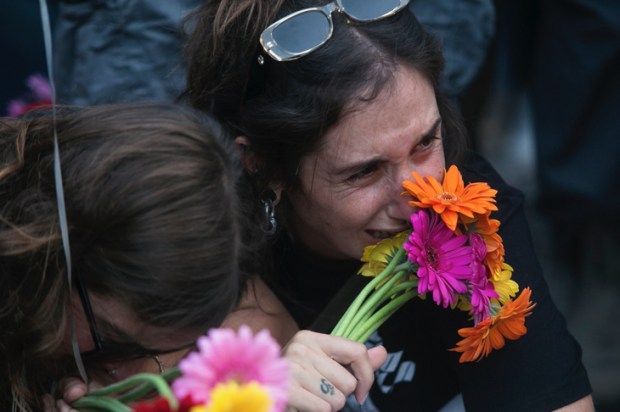

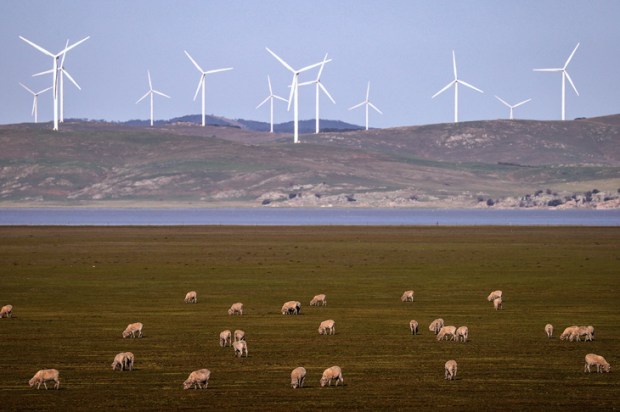
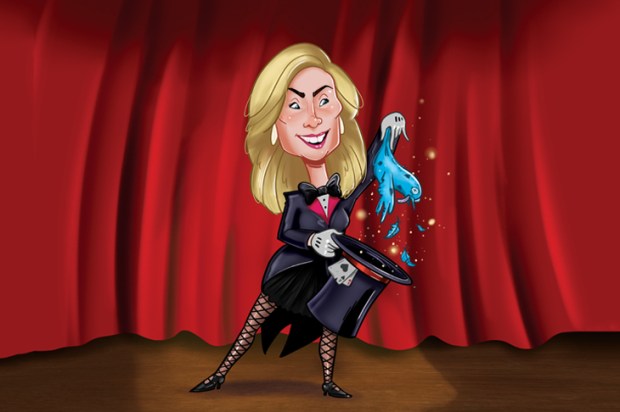
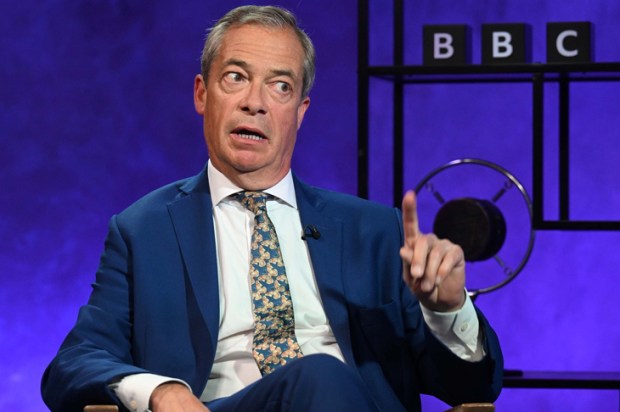







Comments
Don't miss out
Join the conversation with other Spectator Australia readers. Subscribe to leave a comment.
SUBSCRIBEAlready a subscriber? Log in